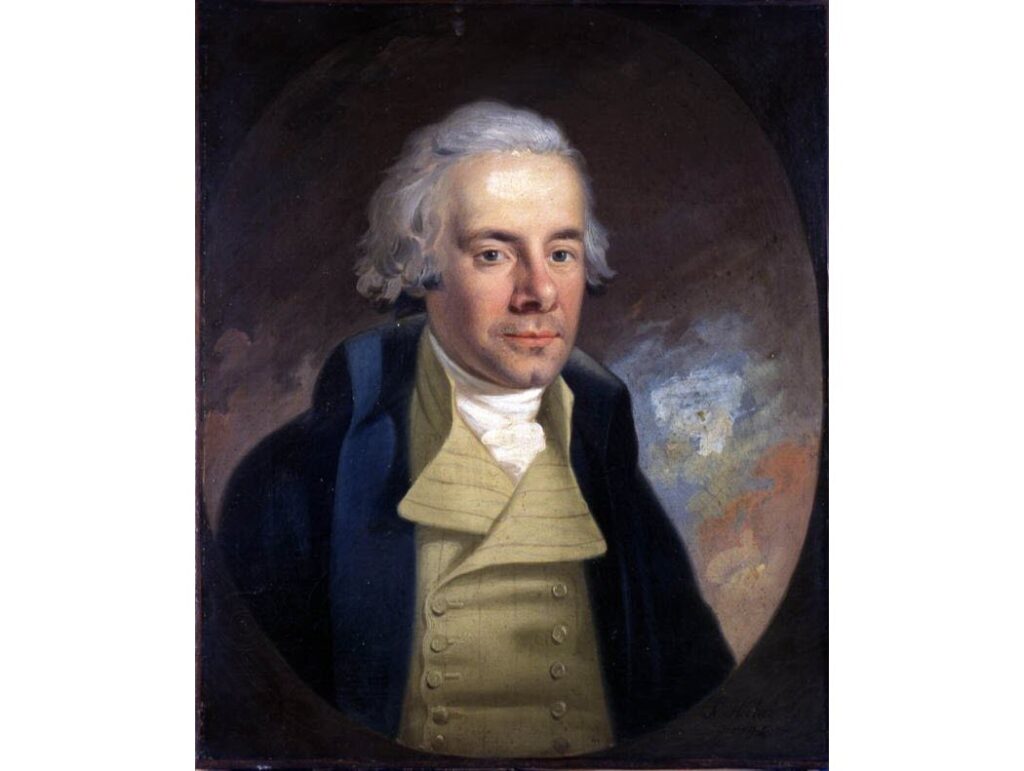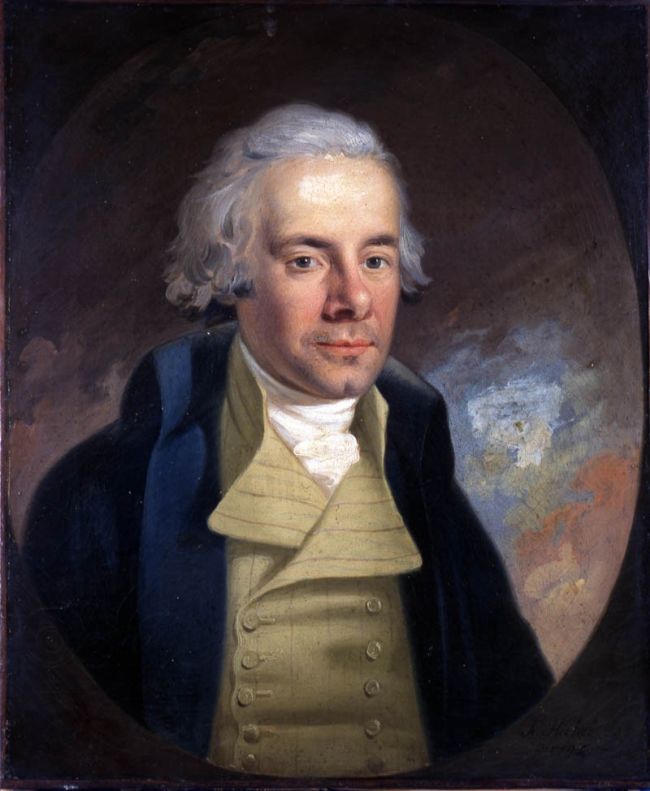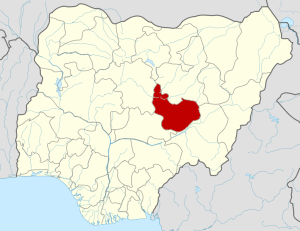William Wilberforce: A Power of Change


By Michelle Adserias
It’s unattainable to measure the impression one particular person’s life, lived absolutely dedicated to God and his or her divine project, has on the world. 1000’s of unsung saints have left their mark of their sphere of affect, leaving this life behind with out figuring out the total impression of their faithfulness. A uncommon few see their work accomplished. Even these don’t reside to see the ripples die.
William Wilberforce is one such man.
Born into wealth in 1759, he knew the luxuries of life. When his father died, younger William went to reside with an uncle and aunt who have been additionally rich. They launched him to the evangelical preaching of former slave dealer, John Newton, which enormously involved his mom. She didn’t need him influenced by Methodist teachings, so she enrolled him in a non-public faculty and moved him to York.
In 1776, William started his increased training at St. John’s Faculty in Cambridge. They weren’t as productive as he had hoped. His tutor demanded little of him, academically, which gave him money and time to burn up on entertaining himself and others. He had a fast wit, pure eloquence, infinite vitality, and successful appeal — all of which made him in style amongst his friends.
One in all his closest pals was fellow pupil, William Pitt. They usually watched Parliament from the gallery and talked of the day they’d at some point sit on the ground and be a part of the proceedings. It isn’t stunning, then, that William Wilberforce put in his bid for a seat in 1780 when he was simply 21 years outdated. Surprisingly, he received.
By his personal admission, these early years in Parliament have been wasted. He lacked route and conviction. However that each one modified in 1784 when he invited his acquaintance, Isaac Milner, to journey to the French Riviera along with his household.
Milner was vibrant, articulate and a religious Christian who embraced Wesley’s evangelical teachings. Although William was generally known as a non secular man, he was confronted along with his want for a Savior. His conversations with Milner opened William’s eyes to wealth’s vacancy and the overall lack of route in his life. He started to know that we’re bought with Christ’s blood and should lay down our lives, take up our cross, and observe Him. His inward battle was lastly resolved on Easter in 1786 when he surrendered his life to his Savior and his new life in Christ started.
William started praying for clear route in his life. He thought of stepping out of the general public eye, leaving Parliament. This concept was put to relaxation when a number of pals approached him to steer the marketing campaign to abolish slavery. Even his good friend William Pitt, who had grow to be Prime Minister, inspired him to tackle the battle. God was directing him to remain the place he was. However nobody ready this idealistic younger man for the lengthy, rigorous battle that lay forward.
Charles Wesley, Thomas Clarkson, Hannah Extra and others had begun mentioning the evils of slavery, interesting to the ethical conscience of the nation. However nobody had tried to tackle the slave commerce, which contributed an infinite quantity to the British economic system, on a nationwide stage.
The opposition was fierce. Many proponents of the slave commerce feared monetary spoil if it was abolished. They vilified William at each alternative however he was undaunted. Help from a number of key members of parliament and England’s non secular leaders helped him proceed the battle. On his deathbed, John Wesley wrote to William, “I see not how one can undergo your wonderful enterprise in opposing that execrable villainy, which is the scandal of faith, of England, and of human nature. Except God has raised you up for this very factor, you may be worn out by the opposition of males and devils. But when God be for you, who will be towards you?”
However slavery was not the one trigger William took on. His need was to lift the ethical fiber of the nation by bringing the wants of single moms, orphans, chimney sweeps, even abused animals to the eye of the nation in hopes of caring for the marginalized. In all, he gave away a fourth of his revenue to help 69 philanthropic causes. When Charles Wesley handed away, William supported his widow till her loss of life.
This highly effective man suffered from sickness. His physique was frail, in and out. He had poor imaginative and prescient, suffered from bouts of colitis, and typically wanted a steel body to help his physique. The one remedy for such illnesses on the time was laudanum, a by-product of opium. In time, he grew to become addicted and suffered from hallucinations, melancholy and, ultimately, partial amnesia.
After a 20-plus yr battle, slavery was abolished in Nice Britian, 283 votes to 16. Wilberforce wept with pleasure, the work God assigned to him, the work that took a toll on his well being and wealth, was almost accomplished. He relinquished his seat in Parliament.
In July of 1833, the ultimate passage of the emancipation invoice insured the top of Britain’s slave commerce. William died three days later. Parliament insisted William Wilberforce be laid to relaxation in Westminster Abbey and suspended enterprise for his memorial service.
“In the event you love somebody who’s ruining his or her life due to defective pondering, and also you don’t do something about it since you are afraid of what others would possibly assume, it will appear that fairly than being loving, you’re actually being heartless.”
William Wilberforce
Data taken from Profiles in Religion: William Wilberforce at www.cslewisinstitute.org.






